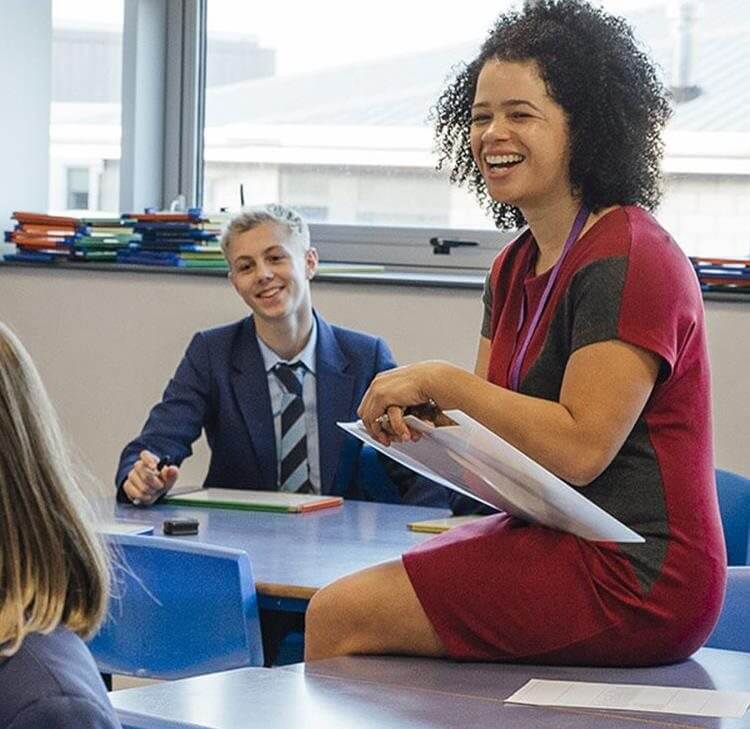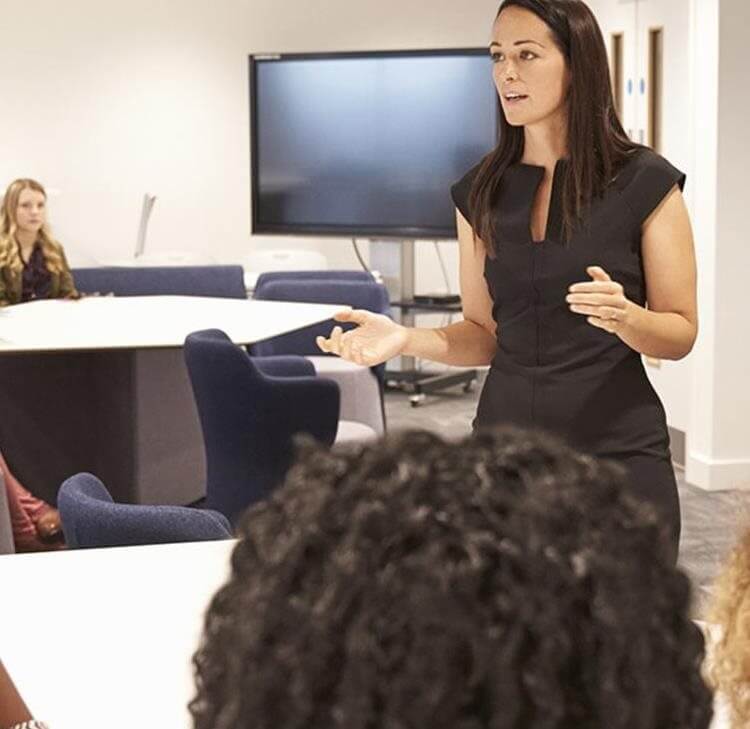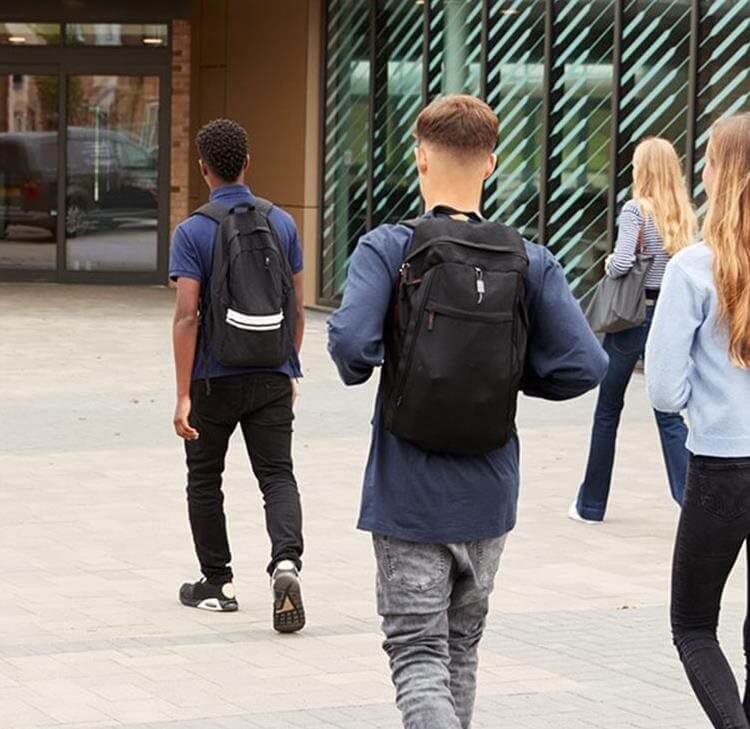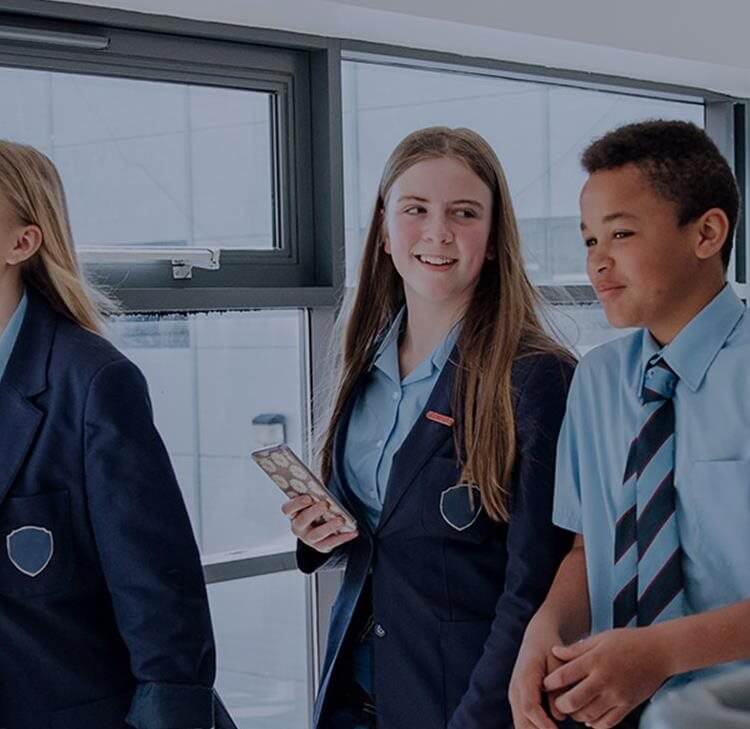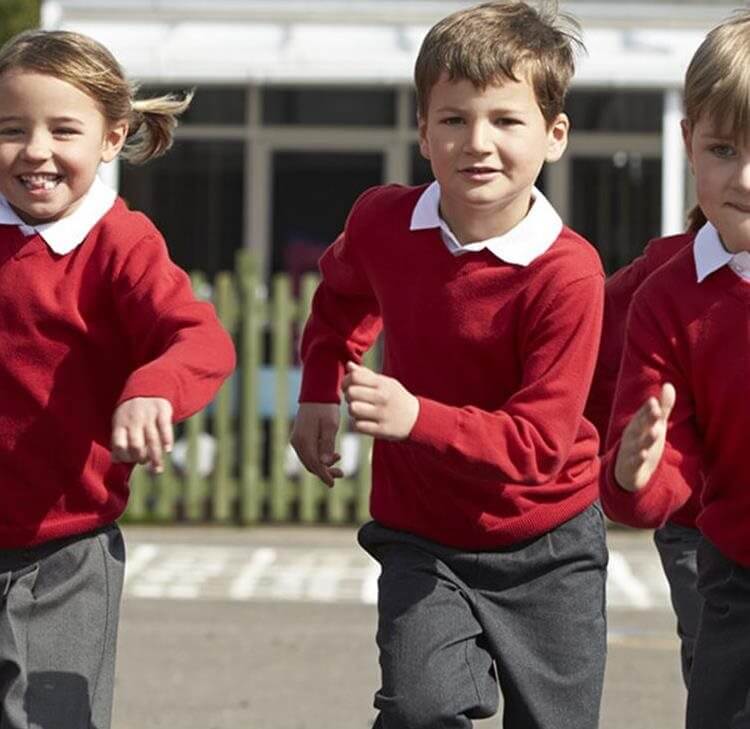The DfE’s draft education and sustainability strategy: for schools
We consider each of the ‘action areas’ of the draft strategy & what it might mean for schools & academies.
The 5 November 2021 had the theme of “Youth and Public Empowerment” at COP26. It was therefore fitting that the Secretary of State for Education released the draft Sustainability and Climate Change strategy for education and children’s services systems. The draft strategy will apparently be built upon over the next six months in collaboration with young people, educators, sustainability experts and environmentalists, with the final version of the strategy being published in April 2022.
We consider each of the ‘action areas’ of the draft strategy and what it might mean for schools and academies below, but it is worth also touching on the two initiatives which are put forward to drive the strategy:
- The first is the concept of considering the physical education estate as one large entity under the guise of a virtual National Education Nature Park. It is not entirely clear from the strategy exactly how the virtual park will work, but the vision seems to be a digital mapping-based tool where work done in the education estate on improving biodiversity, halting nature’s decline and driving climate resilience can be shared, with the platform also being used by children to improve their understanding of this area. The draft strategy states that the Park will help connect work already being undertaken in this space by The Woodland Trust, Eco Schools, The Natural History Museum and others.
- The other initiative proposed to drive the strategy is the roll out of a Climate Leaders Award (which will be renamed through the next few months consultation phase). Again, without being totally clear on what is involved, the draft strategy talks about credits being earnt through activities in existing awards schemes such as the John Muir Award, the Duke of Edinburgh’s Award, and the Junior Forester Award.
Action Area 1: Climate education
Moving onto the action areas, the first area focuses on enhancing teaching in schools on the causes and impact of climate change. It is stated that all early-career teachers will have access to free high-quality training and support in this area, and that all teachers and school leaders will have free access to a new National Professional Qualification. This section is light on detail and it is to be hoped that the consultation phase will elicit more detail here about what can be expected.
Interestingly, the Government have taken the opportunity within the draft strategy to confirm that teaching about climate change is not a political issue and so schools do not need to present misinformation or unsubstantiated claims for balance. Accordingly schools do not need to give views of climate change deniers. However, where discussions about climate change transition into and touch upon issues such as social and economic reform, this should be handled in line with schools normal duties on political impartiality. Schools are also directed not to encourage pupils to join campaigning groups, or take part in protests. Crucially, schools are not instructed to actively discourage pupils from taking this path.
Action Area 2: Green skills and careers
This area is, naturally, of more relevance to the further and higher education sectors than to schools.
Much of the detail is focussed on qualifications which are skills based and will sit primarily in the further education sector (such as apprenticeships), and adult re-training for people working in areas which will be impacted by changes in climate policy (for example, re-skilling heating engineers). There is reference to improving take-up of STEM subjects at all levels, and a commitment to grow the number of Institutes of Technology.
There is specific reference to the schools’ commercial programmes on net zero including career opportunity guidance to pupils with regard to the technologies being used. Again, this statement lacks detail in terms of what is intended and how it would work.
Action Area 3: The education estate
There are three main aims within this action area, reduce carbon emissions, adapt the estate to cope with climate change and increase biodiversity.
Reducing emissions
This area references the Government commitment that all new school buildings built by the DfE and not already under contract will be net zero in operation (crucially different than net zero including construction). To seek to deal with the carbon cost of construction, the Government indicates it will continue to develop and test the GenZero prototype for the future new build of schools, which are designed to be both ultra-low in construction carbon, and operate at net zero.
For older buildings, the Government will pilot an energy pod solution in place of traditional gas or oil boilers. Energy pods typically include renewable technologies, energy storage and smart controls.
This will not be available to all schools. Most schools will be supported by the Government to conduct a feasibility study to identify the most suitable low carbon heating systems to replace end of life fossil fuel boilers.
The Government also pledges support for schools to make a transition to low carbon technologies such as EV charging points and smart meters; to deliver green initiatives such as Walk To School Outreach, Bikeability and School Streets; and to access the funds they need to reduce their emissions (from, for example, the BEIS Public Sector Decarbonisation Scheme).
Adaptation
The focus here is primarily on risks from flooding. The Government commits to supporting schools to work with the Environment Agency, Water Companies and Local Authorities to reduce flood risk at schools to provide locally tailored solutions. It also indicates that all education settings will be required to sign up to available weather and flood warnings and have emergency plans in place.
Biodiversity
The proposal here is that the biodiversity of the education estate be improved through various activities delivered through the National Education Nature Park initiative.
Action Area 4: Operations and supply chain
Most of the content in this area focusses on the DfE’s own operations, but the draft strategy does commit to reducing food waste across the education sector working with Defra and the Waste Resources Action Programme (WRAP), and considering the emissions from food consumed in the sector and reducing. Likewise, the draft strategy commits that the DfE will work with schools to embed sustainable buying in their purchasing decisions.
Action Area 5: Data
The main objective set out in the draft strategy in relation to data is to work with all sectors in education and childcare to improve reporting for carbon emissions, whilst emphasising that in a devolved system the DfE cannot control this entirely.
Many academy trusts are already subject to the Streamlined Energy and Carbon Reporting regime, and maintained schools are asked to adhere to a voluntary target and reporting framework for the public sector; and it is this inconsistency that the Government is seeking to deal with.
Closing thoughts
The draft Strategy is light on detail, but does include some positive statements. We would encourage schools to take any opportunities to get provide views in any consultative activity on the draft strategy (at the time of writing, a formal consultation is not underway).
In the meantime though, we think the action areas for provide a useful framework for your own action. We anticipate in common with the rest of the public sector, the education sector will increasingly be subject to regulation in this area and would encourage the sector to take the lead on setting the agenda.
Not only does the sector have an opportunity to make a significant positive contribution to reducing the UK’s emissions, it is also the sector serving some of the most demanding consumers – young people. COP26 showed us that if there is any hope at all for the world, it lies in our young people, and so our education institutions must rise to the challenge of supporting them in their aspirations for a greener future.
Related expertise
You may be interested in...
Online Event
Wellbeing and financial considerations – practical solutions for challenging times
Legal Update
be connected - Spring 2023
Legal Update
Teacher strikes – lessons learnt so far
Opinion
Can toilet facilities amount to sex discrimination?
Legal Update
New support launched to manage school complaints
Legal Update
Cyber security and data breaches
Legal Update
#EdCon2023 virtual event hailed a success
Online Event
Flexible working in schools webinar
Legal Update
What does the new Provider Access Legislation mean for schools?
Legal Update
High Court dismisses Welsh RSE right to withdraw claim
Opinion
Term-time school worker entitled to national minimum wage for unworked basic hours
On-Demand
Industrial action essentials: what you need to know
Legal Update
Education Software Solutions Limited breaks against the CMA’s intervention: A victory for freedom and flexibility in contracting for MIS services
Legal Update
Safeguarding at scale report published
Legal Update
Trade unions announce plans to re-ballot members
Legal Update
Widespread industrial action now confirmed for schools
Legal Update
Industrial action and minimum service levels within education
Opinion
Consultation on holiday entitlement – part-year and irregular workers
Guide
FAQs - converting to academy status
Guide
FAQs - becoming a sponsored academy
Guide
FAQs - becoming an academy sponsor
Guide
FAQs – single academy joining a MAT
Legal Update
EdCon2023 launch: Thursday 12 January
Legal Update
The importance of understanding the transitional provisions under the Electronic Communications Code
Legal Update
Biodiversity Net Gain: positive for nature and an opportunity for landowners
Legal Update
Discrimination comes of age
Guide
#EdCon2023: Access a range of expert guidance and resources at our FREE virtual conference
Legal Update
be prepared for the 2022-23 academic year
Legal Update
Teacher Pay Survey 2022
Legal Update
The Schools Bill – law no more
In July, we published an update on the Schools Bill with the news that the proposed legislation relating to new academy standards and extended intervention powers for academy trusts would be removed. Last week, we received broader news of the dropping of the Bill, with education secretary Gillian Keegan announcing that it will not reach its third reading in the House of Lords.Legal Update
be connected newsletter for schools - Winter 2022
Guide
Recruiting school staff on a budget – top tips
Regardless of the outcome of ballots on industrial action, unless there is drastic change to funding for schools in relation to pay increases, it will be unusual to find any organisational budget that is not impacted by the current economic situation.
Guide
Good governance essential to avoid falling foul of the ESFA
There’s been little evidence of interventions or financial management reviews this year and it appears the Education and Skills Funding Agency (ESFA) has re-focussed on financial delivery. It’s also telling that there were no discernible changes to the reporting of financial irregularities in the Academies Trust Handbook 2022.
Legal Update
Children's commissioner recommendations for SEND reform
The Children’s Commissioner, Rachel De Souza, has recently published a report “Beyond the labels: a SEND system which works for every child, every time”, which she intends to sit alongside the DfE’s SEND Review (2019) and SEND Green Paper (2022) and which she hopes will put children’s voices at the heart of the government’s review of SEND system.
Legal Update
Top three training topics 2022-23
As well as providing day-to-day support to help you focus on managing your settings, we also provide training and professional development on a range of topics to keep you and your staff up-to-date.
Legal Update
Hair discrimination – stop pupils being unfairly singled-out for their appearance
The Equality and Human Rights Commission (EHCR) recently issued new, non-statutory guidance regarding the wearing of natural or protective hairstyles, specifically in reference to their representation in uniform, behaviour or standalone appearance policies.
Opinion
The role of benchmarking in setting pay in schools
Emma Hughes, head of HR services at Browne Jacobson, explains how CST’s updated executive pay report and the linked benchmarking service from XpertHR can help trust boards make robust decisions on pay.
Legal Update
School complaint management - exploring a new way forward
There’s greater opportunity than ever for parents, carers and guardians to voice any concerns they have relating to their child’s education and for their concerns to be heard and to be taken seriously. While most staff in schools and academies are conscious of their legal duties relating to complaints management, many are struggling to cope with such a significant increase in the volume of complaints they must manage.
On-Demand
The UK's green agenda - the outcomes of COP27 and actions since COP26
Guide
Virtual AGMs
This guidance has been prepared to support academy trusts (Trusts) who want to hold a fully virtual Annual General Meeting (AGM) or a hybrid AGM, as we know that Trusts may want to be prepared for future disruption as well as having a general interest in holding more meetings virtually. The guidance also applies to other meetings of the Members (known as General Meetings).



